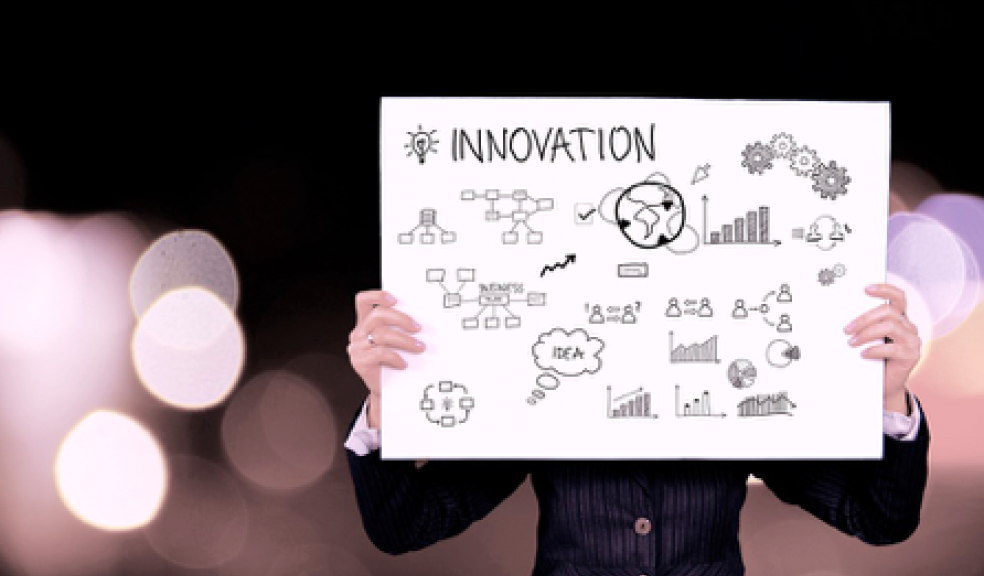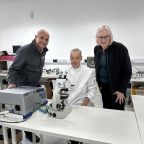
5G and its impact on innovation in Exeter
Exeter’s economy has been boosted in recent years by its tech, research, and science industries. It’s second only to Bristol in its concentration of specialist tech and science services. This has put the city on the forefront of innovation, which will be greatly accelerated when the 5G network is rolled out over the next decade. With an increasing demand for mobile data and the growth of the Internet of Things, there’s a need for faster network speeds and reduced energy costs. The growth of the 5G network will enable Exeter to become a Smart City, with more efficient logistics. Here’s a look at what 5G is and how it could impact innovation in Exeter.
Growth in Internet of Things
By the end of 2014 there were already 7.1 billion global SIM connections, with an additional 243 million Internet of Things connections. It’s estimated that by 2020 there will be a staggering 23 billion connected devices in total, with 24 billion of these being IoT devices. A new 5G network is necessary to enable the growth of the machine-to-machine industry, or the Internet of Things. With 5G innovation by Nokia Networks and major researchers, the network will be stronger and able to withstand strains as billions of new objects become interconnected. Faster data speeds, a smarter use of resources, and a lower latency are all necessary.
According to a recent study from Ericsson, 95% of mobile network operators believe that the growth of 5G will help ensure that IoT devices are supported. 5G-supported IoT devices will have many real-time applications in the city, used not only in consumer households but also for remote health care applications and city infrastructure. A recent Business Insider article suggests that almost $6 trillion will be spent on IoT development and solutions in the next five years. Businesses will be the main adopters of this technology, followed by governments and finally consumers.
Push to Innovation
While 5G will undoubtedly be useful for bringing in all the possibilities of the Internet of Things, at the same time it foster many areas of innovation. A number of innovations will be required as part of 5G’s initial development. This includes advances in load management software, event-processing software, small edge of network data centres, and other areas. The core network, IT infrastructure, and edge devices will all be moved forward as part of the race to 5G. User applications and cloud services will also be improved as part of this technology.
Boon to Exeter’s Digital Sector
The SETsquared digital business incubator is joining up with the University of Surrey 5G centre and University of Southampton to attend the EM3 Conference in November. SETsquared has already helped over 1,000 tech start-ups in the region to find investment, and by joining forces with the 5G centre there should be greater cross-collaboration in these fields. The launch of 5G, when it finally arrives, will allow small tech businesses in the area to come up with new ideas, freed from the limitations of current network speed and bandwidth. This should help give an additional push to Exeter’s already thriving digital sector. Experts are calling the rollout of 5G and the IoT the next Industrial Revolution. There will be a wealth of new opportunities for Exeter’s digital start-ups, so now we just have to wait.




















